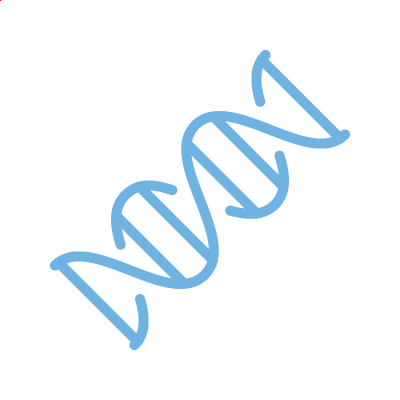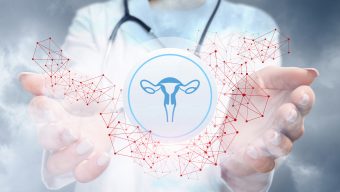

One of the main conditioning factors for women in receiving assisted reproduction treatment is age, due to its implications in terms of a decrease in oocyte quality and the resulting increase in the percentage of aneuploidies (embryos with chromosomal abnormalities) as maternal age increases, especially after 35 years of age. Another consequence that may be associated with advanced maternal age is a decrease in ovarian reserve, which means that the patient generates few oocytes after ovarian stimulation for an IVF cycle.
Steps


Fertility assessment via diagnostic tests such as:
3D ultrasound. This is a precise screening and diagnostic test providing information on the anatomy/morphology of the uterus and its comprehensive evaluation. Thanks to the notable advance in conventional ultrasound techniques, it also allows the endometrial cavity to be assessed. All this accurate and detailed information helps to make a diagnostic assessment.
Anti-Müllerian hormone (AMH) levels Determining the levels of this hormone provides information on ovarian reserve which, in turn, is closely related to age

Commitment to the patient experience is one of our main focuses, making shared medical decision-making essential. Our clinical specialists work hand in hand with patients to make decisions and select the most suitable treatment. We draw on clinical evidence comparing risks and benefits of treatments and adapt them to our patients’ values and preferences

We can offer different alternatives to our patients depending on their case:

It allows us to make the best selection of embryos, in order to achieve the objective of obtaining a healthy newborn, in the shortest possible time and with the best guarantees.
With this technique:
• We improve the success rate per transfer.
•We shorten the time to achieve pregnancy.
•We reduce the miscarriage rate from 30% at 40 years of age to 12% in the population under 35 years of age.
• We have significantly increased the rate of live births per transfer.

Maternal age may be associated with a decrease in ovarian reserve, there are different treatment alternatives to resolve this situation for patients who have been recommended PGT-A, including oocyte accumulation or the DuoStim protocol.

This technique eliminates the impact of women's age on oocyte quality.
From the age of 30 onwards, fertility begins to decline slowly, and this decline becomes much more apparent once you are over the age of 35. From the age of 45 onwards, reproductive possibilities have declined so much that many women are unable to achieve a natural pregnancy.
When we are born, women have a fixed number of oocytes in their ovaries. The number of oocytes begins to decrease as we get older; in fact, the oocytes are also affected because they are more likely to have chromosomal abnormalities.
If you are over 37 years of age, we offer you the possibility of having preimplantation genetic testing to only select embryos with a normal chromosome complement to increase the chances of pregnancy. Talk to your doctor about your options to make the best decision for you.
Pregnancies in women of advanced maternal age have a relatively higher risk of developing gestational hypertension and/or a higher percentage of premature births.


IVI, is a leading reproduction medicine centre, offering the best fertility treatments and techniques in Spain, both to Spaniards as to foreign patients.
At our fertility clinics in Madrid, Valencia, Barcelona, Málaga, Benalmádena, Bilbao, Saint Sebastian, Las Palmas, Seville, Mallorca and Alicante, we have medical specialists trained to care for patients in English, French, Italian and German, thus breaking the language barrier.


